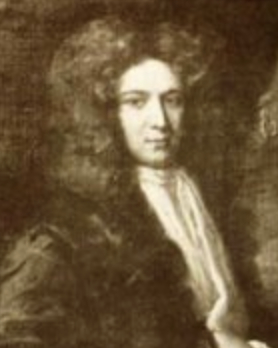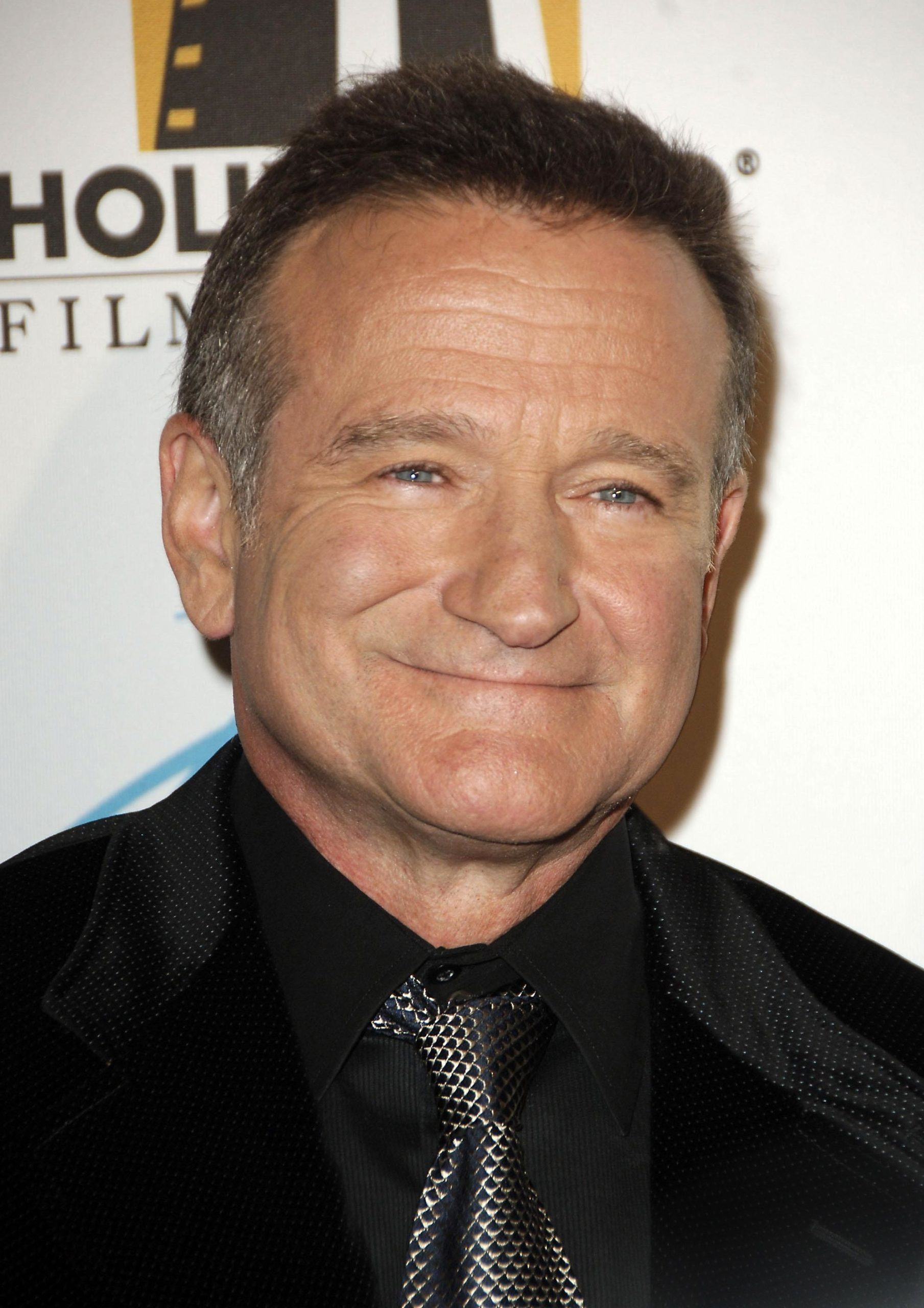July 21
Anthony Collins

On this date in 1676, Anthony Collins, called the “Goliath of freethinking” by Thomas Huxley, was born in Heston, England. Collins studied at Eton and King’s College, Cambridge, and was a close friend of John Locke. He moved in a circle of leading freethinkers, including John Toland and Matthew Tindal. “An Essay Concerning the Use of Reason” was published (anonymously) in 1707, along with a letter addressing immateriality and the soul. A debate in 1708 with Samuel Clarke resulted in the publication of four pamphlets by each participant.
In 1710 Collins wrote “Vindication of the Divine Attributes, in Some Remarks on Archbishop (King’s) Sermon.” The 1713 book, A Discourse of Freethinking, was his most influential work, helping to popularize the term “freethought.” Philosophical Inquiry Concerning Human Liberty, published in 1717, won the praise of Voltaire. The Grounds and Reasons of the Christian Religion (1724) rejected the claim that Jesus fulfilled Old Testament prophecies. Although Collins left England for a time when debate heated up after the publication of A Discourse of Freethinking, the courteous scholar was taken most seriously by leading religionists and Anglicans.
Grounds, with its serious arguments against prophecy and its advancement of the scientific principle, provoked more than 30 books and essays by religionists trying to counter it. Collins is best described as a deist and materialist who opposed “priestcraft,” although he did differentiate between good and bad priests. He willed his unpublished manuscripts to Pierre Desmaizeaux, who sold them after Collins’ death in 1729 to his widow. It appears that she then destroyed them. Desmaizeaux quickly regretted his decision but it was too late. (D. 1729)
“The Use of the Understanding, in endeavouring to find out the Meaning of any Proposition whatsoever, in considering the nature and Evidence for or against it, and in judging of it according to the seeming Force or Weakness of the Evidence.”
— Collins' definition of freethought, "Discourse of Freethinking" (1713)
Robin Williams

On this date in 1951, actor and comedian Robin McLaurin Williams was born in Chicago to model Laurie McLaurin and auto executive Robert Williams. He grew up in Bloomfield, Mich., and Marin County, Calif. He studied political science at Claremont McKenna College (then Claremont Men’s College), but left to study theater at a community college before receiving a full scholarship to the Juilliard School in 1973.
Scoring a guest role on the sitcom “Happy Days” in 1978, Williams gained instant recognition as the eccentric alien Mork. Following the success of “Mork and Mindy,” which aired for four seasons, Williams was catapulted into a long and illustrious career, beginning with major movie roles in “Popeye” (1980) and “The World According to Garp” (1982). His stand-up television specials included “Off the Wall” (1978), “An Evening with Robin Williams” (1982), “Robin Williams: Live at the Met” (1986) and “Robin Williams: Live on Broadway” (2002).
He portrayed Oliver Sacks in the 1990 film drama “Awakenings,” based on Sack’s moving memoir about briefly reviving catatonic patients. Williams captured Sacks’ mannerisms so perfectly that Sacks notes some people have actually accused him of imitating Robin Williams. Other films included “Good Morning, Vietnam” (1987), “Dead Poets Society” (1989), “The Birdcage” (1996), “The Fisher King” (1991), “Hook” (1991), “Aladdin” (1992), “Mrs. Doubtfire” (1993), “Jumanji” (1995), “Good Will Hunting” (1997), “Flubber” (1997), “Insomnia” (2002), “Night at the Museum” (2006), “Happy Feet” (2006), “Night at the Museum: Battle of the Smithsonian” (2009) and “The Butler” (2013). Williams starred in the off-Broadway production of “Waiting for Godot” (1988) and in the Broadway show “Bengal Tiger at the Baghdad Zoo” (2011).
Beyond bringing entertainment to millions, Williams aimed to bring provocative ideas into the public consciousness. His “War of Self-Destruction” tour in 2009 was rife with irreverent stabs at American politics, the Iraq War, religion and the papacy. “The Vatican and homosexuality: oil, water. The pope is always ‘homosexuality is an abomination.’ Timeout. … You’re dressed like Freddie Mercury’s stunt double. Your purse is on fire and you’re surrounded by hundreds of boys and you’ve had kind of a problem in the after school area.” (“Robin Williams: Live on Broadway.”) He was raised an Episcopalian, or as he quipped, “Catholic Lite — same rituals, half the guilt.” Williams took a critical stance on religious fundamentalism: “Fundamentalists take it to be ‘the Word,’ not translatable, not metaphorical, ‘the Word.’ In the beginning, Genesis, ‘Let there be Light.’ Could that be a metaphor for the big bang? ‘No! God just went click.’ ”
After battling depression and drug addiction for many years, Williams took his own life by hanging in 2014. An autopsy revealed he had diffuse Lewy body dementia, which had been diagnosed as Parkinson’s. He was survived by his wife Susan Schneider (2011-14) and children, Zak, from his first marriage with Valerie Velardi (1978-88) and Cody and Zelda, from his second marriage to Marsha Garces, which ended in 2008. (D. 2014)
“And the next day the miracle occurred — crucifixion, resurrection, and he rose again from the dead and if he sees his shadow, another 2,000 years of guilt.”
— “Robin Williams: Live on Broadway” (2002)
